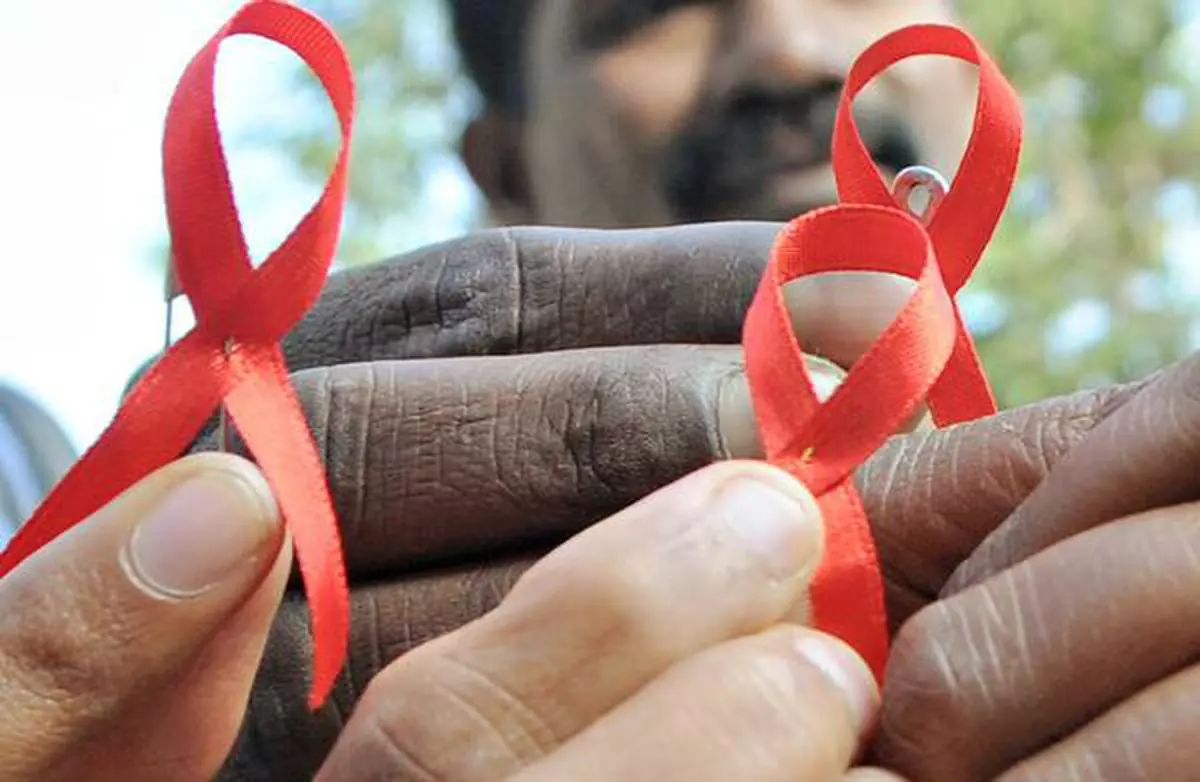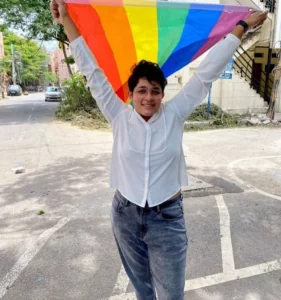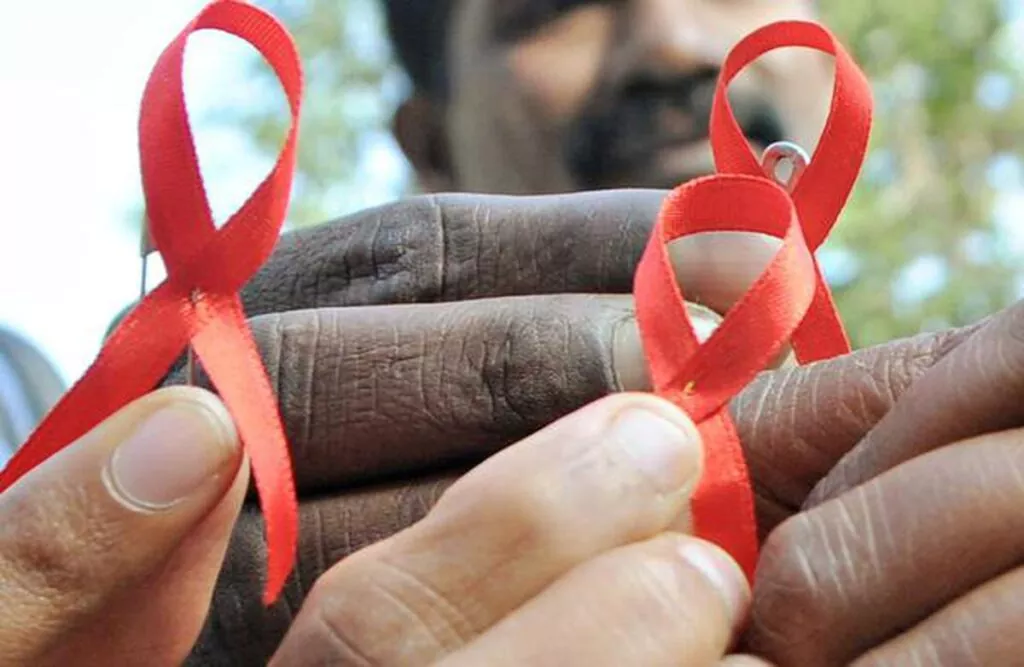
Love is complicated and can be full of challenges, especially when you have to deal with other difficulties in your life.
HIV has consumed over 32 million people worldwide, affecting a total of 75 million. In India, as per 2017, around 2.14 were living with HIV, based on the survey and estimates of the National AIDS Control Organisation.
However, behind these numbers are real people. Living their lives confidently and loving with pride. What are their stories? How did they find love?
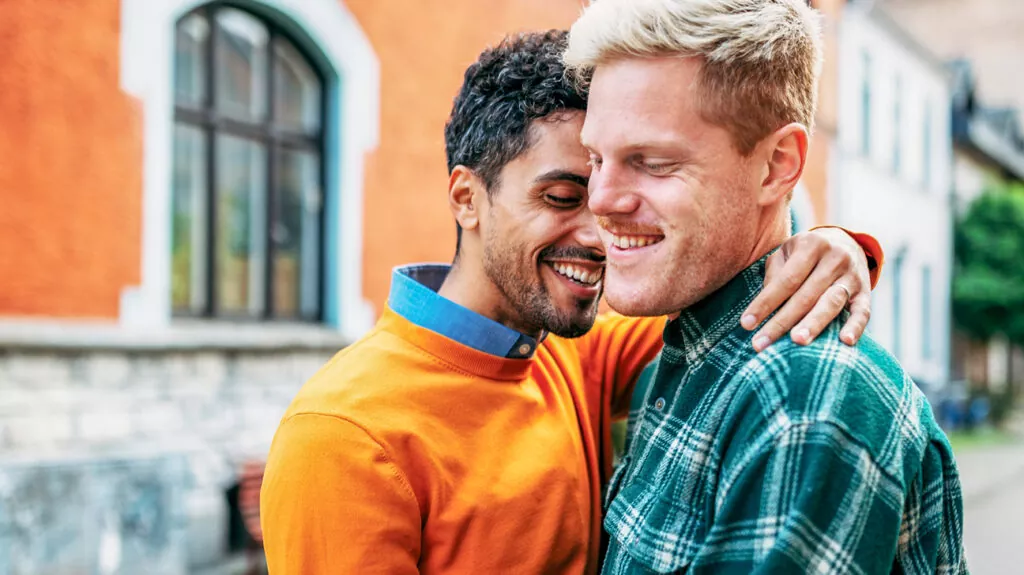
Gautam, HIV activist and queer person, said that the stigma around HIV affected one of his relationships. But for another person, it didn’t matter at all. “I have faced stigma, with people questioning why I am HIV positive on dating apps. But then, I found someone who accepts me for who I am. Unfortunately, we are not together due to other reasons. Love and acceptance can overcome any barriers,” told Gautam to the Quint.
Yes it’s important to disclose your HIV status to your partner, but not necessary to let everyone know, advised Gautam.
Sarang, Gautam’s partner adds, “I always advise young people who discover they have HIV to first learn to cope with it themselves, accept it, and become strong before deciding to tell anyone else. During that vulnerable time, random remarks can be very hurtful.”
Navigating the Dating Pool:
If you don’t mind about your partner’s HIV status, you can look for them in the same places you would normally search for a partner. Ask your friends to introduce you to potential matches. Meet new people at singles events, bars, or clubs. You can also try using online dating sites or apps.
To find someone who is HIV-positive, it’s helpful to go to places where people with HIV gather. This could be an HIV support group or conference. Another option is to use an HIV dating website that caters to everyone.
Just like Amruta, a transwoman, who met her partner on Facebook.
“I met my partner on Facebook. We chatted for a long time, and I openly shared my HIV status on social media. That’s how he connected with me, and we got to know each other. He proposed to me on November 2, 2018, and we had a traditional wedding ceremony in Bihar on March 25, 2019.”
Dating Tips to Keep in Mind

Here are some helpful tips for dating when you or your partner are living with HIV:
1, Have “the talk” about HIV before you find yourself in a sexual situation. It’s important to discuss your HIV status and any concerns or questions openly and honestly.
2. Choose a time to discuss HIV when both you and your partner are sober and able to have a calm and focused conversation.
3. Educate yourself about HIV, safer sex, treatment as prevention, HIV transmission, and U=U (undetectable equals untransmittable). This knowledge will make it easier for you to talk about living with HIV and address any concerns.
4. If you are dating someone living with HIV, make sure to prioritize your own self-care alongside caring for them. It’s essential to maintain a healthy balance.
5. If you are worried about a negative or potentially violent reaction, consider disclosing your HIV status in a public place or with a trusted friend present. Also, think about whether you truly want to be with someone who might react poorly.
6. Seek advice from others who have experience in dating with HIV. Attend support groups for individuals living with HIV and learn from their experiences on disclosure and dating.
7. Remember that dating is a process of finding the right person for you. Whether you have HIV or not, rejection can happen in the dating world. It’s important to be prepared for this and understand that finding the right partner often involves some trial and error.
Make Love the Safe Way!
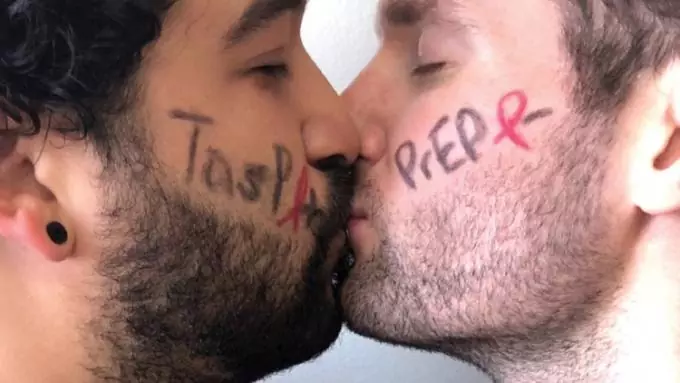
To keep love making safe and minimize the risk of passing HIV to your partner, there are several precautions you can take:
- Take antiretroviral treatment (ART): By consistently taking your medication, ART reduces the amount of HIV in your body, known as your viral load. If your viral load becomes “undetectable,” it means there is so little HIV that it cannot be transmitted to your partner.
- Encourage your partner to use PrEP: Pre-exposure prophylaxis (PrEP) is a medication taken by your partner that greatly reduces their risk of getting HIV through sex. Taking one pill every day can decrease the chances by 99%.
- Use condoms and dental dams: Condoms and dental dams act as barriers and lower the risk of HIV transmission during sex. Using them consistently and correctly can provide added protection.
- Consider post-exposure prophylaxis (PEP): If there is a slip-up and you have unprotected sex, your partner can take PEP as a preventive measure to reduce the risk of HIV infection. It should be taken as soon as possible after the exposure.
Remember, even if your partner also has HIV, it is essential to practice safe sex. Different strains of HIV can still be transmitted, and there is also the risk of contracting other sexually transmitted infections (STIs). Taking precautions helps protect both of you and promotes overall sexual health.
